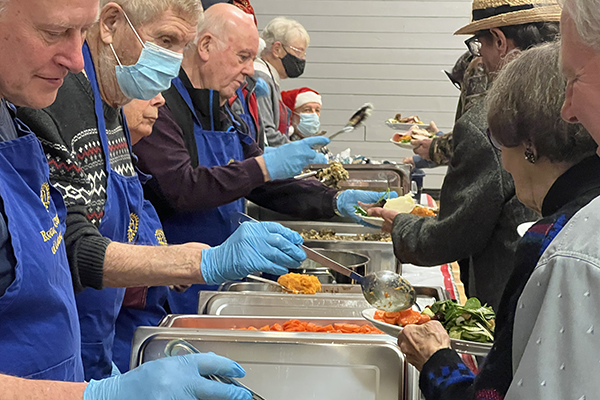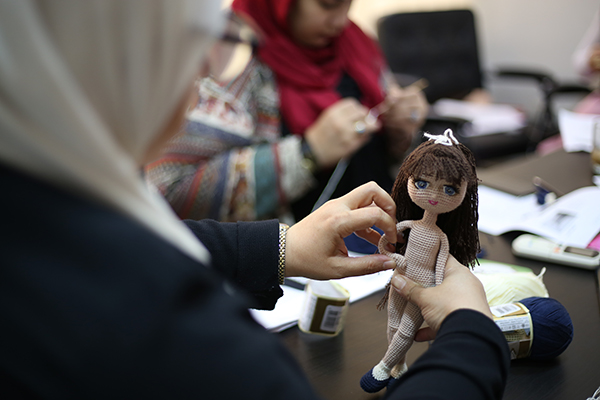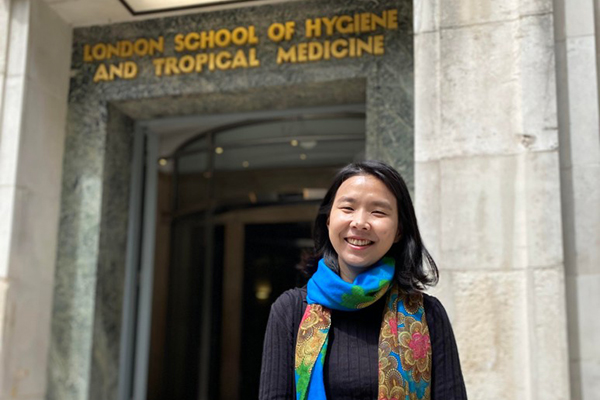
By Maurice Librea, past president of the Rotary Club of Cubao Edsa, Quezon City, Philippines
Recently, we celebrated the fourth year of our signature project by dedicating three hours to a facility that offers residential care for abandoned, neglected, and orphaned individuals with disabilities.
Cottolengo Filipino is located in Rodriguez, Rizal. On our visit, we encountered children with a range of disabilities – autism, cerebral palsy, mental illness, and more. Their frail physiques and innocent eyes conveyed stories of abandonment and longing. It was a gut-wrenching experience that weighed heavy on our hearts.
Continue reading



